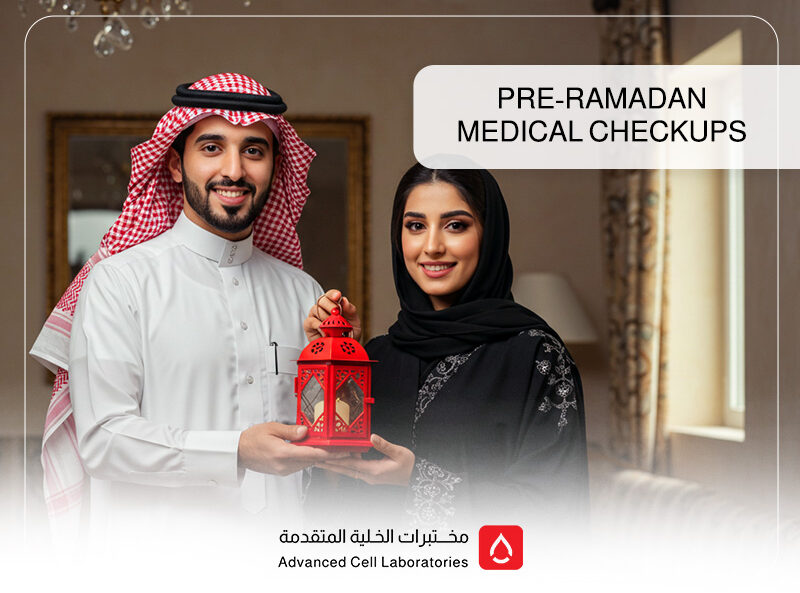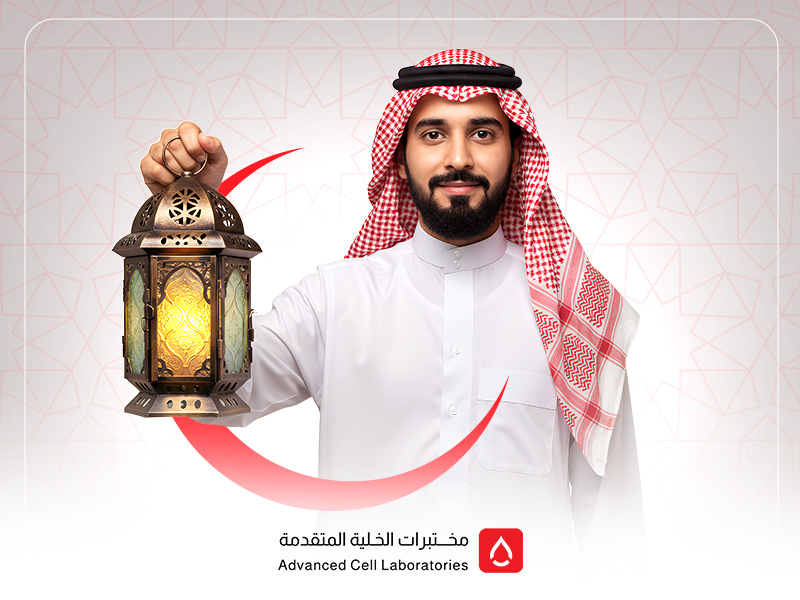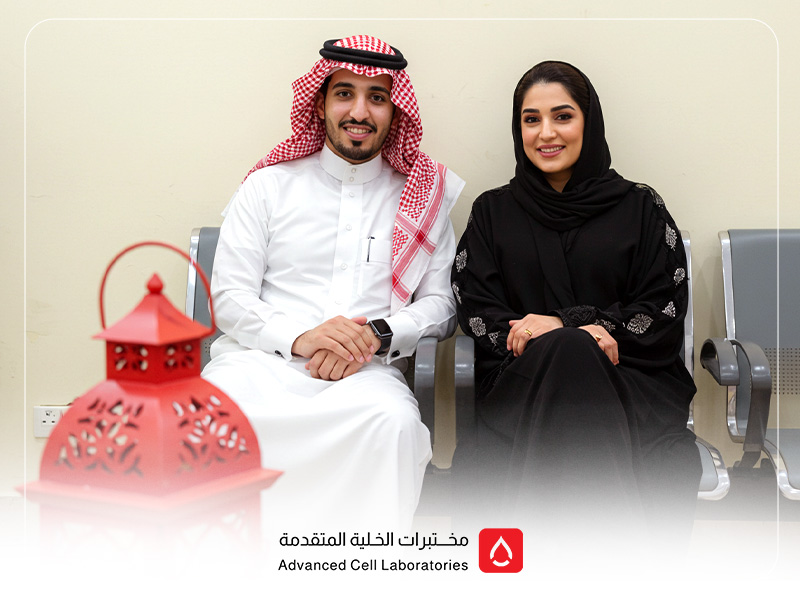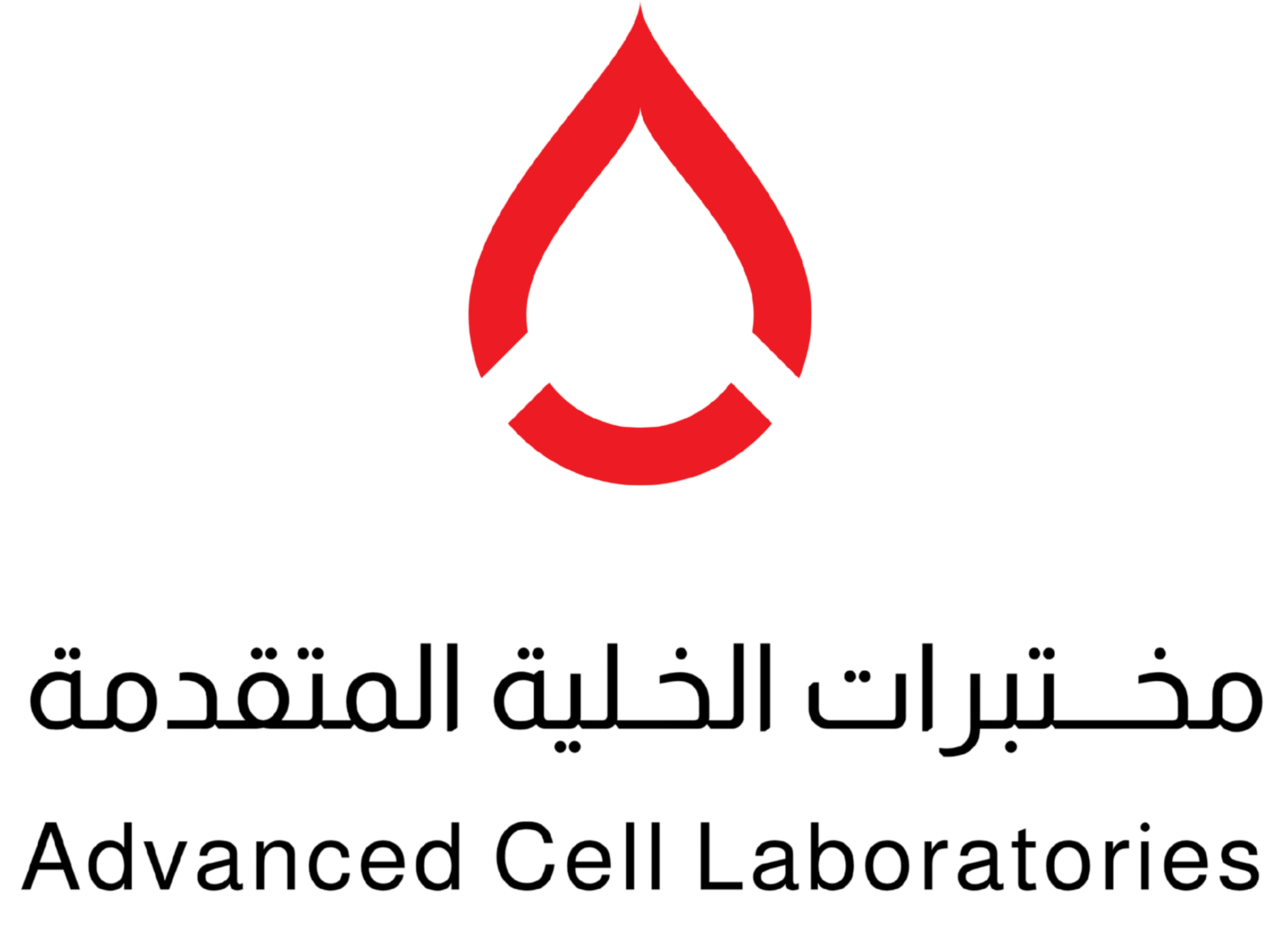
With the approach of the blessed month of Ramadan, many people focus on preparing physically and mentally for fasting. Pre-Ramadan medical tests are one of the most important steps to ensure safe and healthy fasting, especially for those with chronic diseases and the elderly.
In this article, we provide a comprehensive guide to the most important medical tests and tips to follow before starting fasting.
Why are medical tests important before Ramadan?

These tests help assess overall health and determine whether a person can fast without risking their health. They also assist in adjusting medication doses and timing, particularly for patients with diabetes, hypertension, heart, and kidney conditions.
Who needs medical tests the most?
- Diabetic patients of all types
- Individuals with high or low blood pressure
- Heart, kidney, or liver patients
- The elderly
- People with chronic diseases
- Pregnant and breastfeeding women (depending on health status and doctor’s advice)
HbA1c and Blood Sugar Tests
Among the most recommended fasting tests before Ramadan, especially for diabetic patients:
- HbA1c (Glycated Hemoglobin): Evaluates blood sugar control over the past three months.
- Fasting blood sugar measurement: Important to determine safe fasting capability.
- Blood sugar can be rechecked during Ramadan to monitor any changes.
Liver and Kidney Function Tests
These tests are particularly recommended for those on chronic medications or suffering from liver or kidney conditions.
- Helps detect early deficiencies or elevated enzymes.
- Essential for adjusting medications before fasting to avoid dehydration or complications.
Lipid and Cholesterol Tests
Testing triglycerides and cholesterol is especially important for people consuming heavy meals during Iftar and Suhoor.
- Recommended to assess the likelihood of dangerous elevations.
- Helps doctors provide proper dietary advice for fasting individuals.
Hemoglobin and Iron Tests
These tests help assess anemia or iron deficiency before Ramadan:
- Low hemoglobin may cause fatigue and exhaustion during fasting.
- Recommended for women of childbearing age and the elderly.
Blood Pressure and Heart Rate Tests
- Assessing blood pressure before fasting is very important for patients with high or low pressure.
- Heart rate measurement and ECG help ensure cardiovascular stability.
Tests for Chronic Patients (Diabetes – Heart – Kidney)
- Fasting tests for heart patients include ECG and lipid profiles.
- Kidney function tests are essential to prevent dehydration complications.
- Consulting a doctor with test results is necessary to adjust the treatment plan during Ramadan.
Do elderly people need additional tests?
Yes, many elderly people suffer from chronic diseases or general weakness.
- It is recommended to perform comprehensive pre-fasting tests for seniors, including:
- Blood sugar
- Heart function
- Kidney and liver function
- Complete blood count
- Blood pressure and lipid profile
When should these tests be done before Ramadan?
- It is preferred to conduct preventive tests 2–3 weeks before Ramadan.
- This allows the doctor to review results, adjust medications, and plan diet accordingly.
- Follow the pre-fasting testing schedule for those preparing to fast.
How do tests help ensure safe fasting?

- Prevent sudden complications such as low blood sugar, dehydration, or high blood pressure.
- Provide a scientific assessment of one’s ability to fast safely.
- Encourage adherence to treatment and dietary plans throughout the month.
Tips for Healthy Fasting Preparation
- Do not start fasting without consulting your doctor before Ramadan.
- Use blood sugar and cholesterol tests to adjust your diet before fasting.
- Drink sufficient water between Iftar and Suhoor.
- Do not neglect pre-fasting tests, especially if you have chronic diseases.
- Follow a balanced diet rich in fiber and protein.
Frequently Asked Questions about Pre-Ramadan Medical Tests
Should a patient fast while taking the tests?
Some tests, like fasting blood sugar, require fasting, while most other tests do not.
Can the patient postpone tests until after Ramadan?
This is not recommended, especially for patients with chronic diseases who need to stabilize their health before fasting.
Are last year’s test results sufficient?
It is preferable to repeat tests before each Ramadan to update the health assessment.
Conducting pre-Ramadan medical tests is not just a routine procedure; it is an essential preventive step to ensure healthy and safe fasting. Whether you have a chronic disease or not, checking your health status before starting fasting provides peace of mind.
At Advanced Cell Labs, we provide all necessary pre-fasting tests with high accuracy and fast results, along with specialized medical consultations.
Book your test now and prepare for Ramadan with better health!

